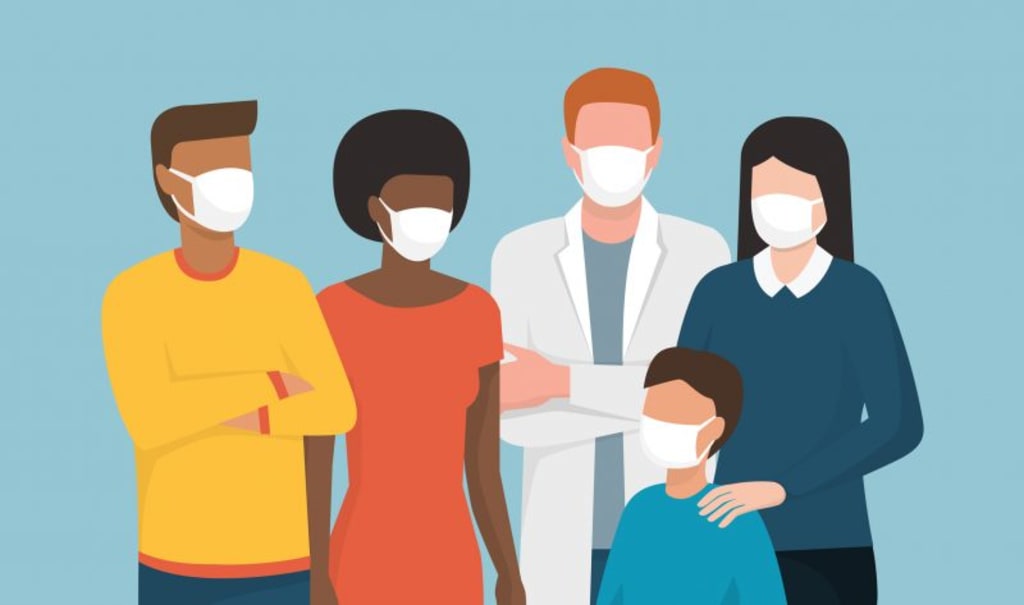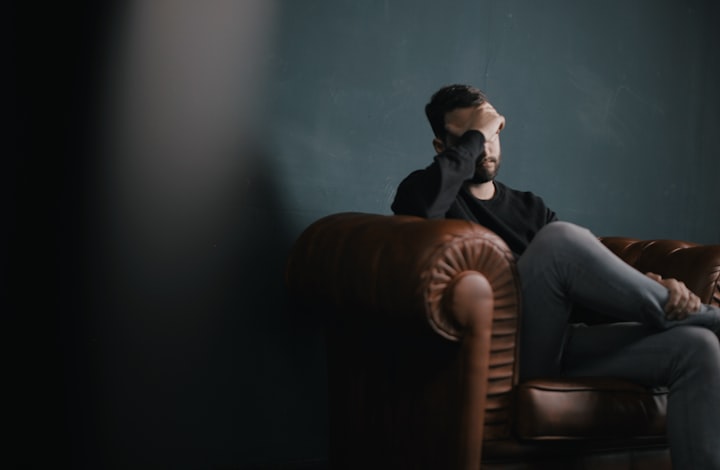How to protect yourself and your family from the new corona virus?
To protect the people of the oldest generation, those over 60, you need to isolate them for at least four months. Actually, younger generations should also minimize contacts, if possible, work remotely and leave home only in case of emergency.

In this article you will learn:
1. Who is at risk for coronavirus Covid-2019;
2. What is important to do to protect against a new coronavirus;
3. What should be in the home medicine cabinet.
The current situation in the world is indeed serious. The risk group includes all people over 45 years old. Children are least at risk - they can be ill in a mild form, like a regular viral infection.
In principle, coronavirus for clinical symptoms is no different from any other viral infection (influenza A and B, adenovirus, parainfluenza, acute respiratory viral infections), but it begins rapidly. The main symptoms are very high fever, shortness of breath and a dry, suffocating cough. Then, within two days, pneumonia develops with severe respiratory failure.
Why are at risk people over 45?
Because at this age and older, people have somatic concomitant diseases (diagnosed or not diagnosed), and no one has immunity to this disease.
If you really look at the situation, then the quarantine announced before April 3, with a high probability can be extended. In general, according to some forecasts, a pandemic can drag on for 1-2 years with seasonal spikes and declines. By summer, the situation will decline, and by winter the incidence rate may again increase.
To protect the people of the oldest generation, those over 60, you need to isolate them for at least four months. Actually, younger generations should also minimize contacts, if possible, work remotely and leave home only in case of emergency.
What is important to do ?
- Eat enough vitamins and minerals, in particular, vitamin C, zinc and selenium.
- Drink herbal teas with ginseng, echinacea, lemongrass, raspberries, ginger, lemon, sea buck-thorn and honey.
- Drink as much water as possible (at least 1.5 liters per day) at room temperature. Preferably half a cup every half hour. Water not only provides water balance in the body, it has a calming effect, switches emotions - which is especially important when a person begins to panic.
- Eat lighter foods, limit the consumption of meat and fish (but do not remove them from the diet - calculate the amount of protein based on a person’s weight - 1-2 grams per 1 kg of weight) - more greens, vegetables, fruits, cereals, you can eat garlic as a natural antibiotic. Vegetarians should not give up vegetable protein.
- Ventilate the room every hour and a half.
- Carry out wet cleaning.
- After arriving from the street, wash your hands thoroughly (rubber gloves can be used in shops and trips in vehicles).
- Carry a disinfectant and periodically treat your hands with it.
- Drink plant-based sedatives. Tension is now in the air and willy-nilly every person succumbs to it to one degree or another, which means that stress levels increase and the corresponding hormones are produced - cortisol, adrenaline, norepinephrine. These hormones inhibit the immune system, which is already quite tired after the winter.
- Less nervous and less contact with people.
- Provide yourself with enough sleep - it helps to restore and starts the regeneration processes in the body.
- Perform exercise. Physical activity accelerates lymph. If the circulatory system moves under pressure, the lymphatic system moves from bottom to top, facilitating valve opening and good functioning of the entire system. Due to muscle contraction, lymph begins to move naturally.
- A mask must be worn if you use public transport. In the fresh air, this does not make sense.
What should be in the home medicine cabinet ?
- Vitamin C 500 mg - two tablets in the morning and evening.
- Nimesil and Paracetamol are antipyretic.
- Antibiotics "Azithromycin" or "Sumamed."
- "Flemoxin solutab" 500 mg - with the appearance of cough and fever - one tablet twice a day for 10 days. ("Amiksin", "Amizon", etc. drugs in a number of studies are not suitable for combating the virus).
- Expectorant "Lazolvan", "Ambroxol", "Herbion Primrose Syrup."
- Herbal fees: Breast collection number 1 and number 2.
- Yoghurts in capsules to restore intestinal flora.
Drinking immune system stimulants without a doctor's prescription is not recommended. The immune system is a powerful mechanism that can cope with an infection, it just needs to be helped.
If you feel a worsening condition - fever, cough, chills, sore throat, shortness of breath - immediately contact your nearest doctor in the clinic and hospital. Do not self-medicate - you will not be able to listen to wheezing in your lungs on your own, especially since even an experienced doctor cannot do this 100% with viral pneumonia. The diagnosis is based on symptoms and an X-ray of the lungs. Take care of yourself and when the first symptoms appear, consult a doctor. Stay healthy and keep calm as best you can!






Comments
There are no comments for this story
Be the first to respond and start the conversation.